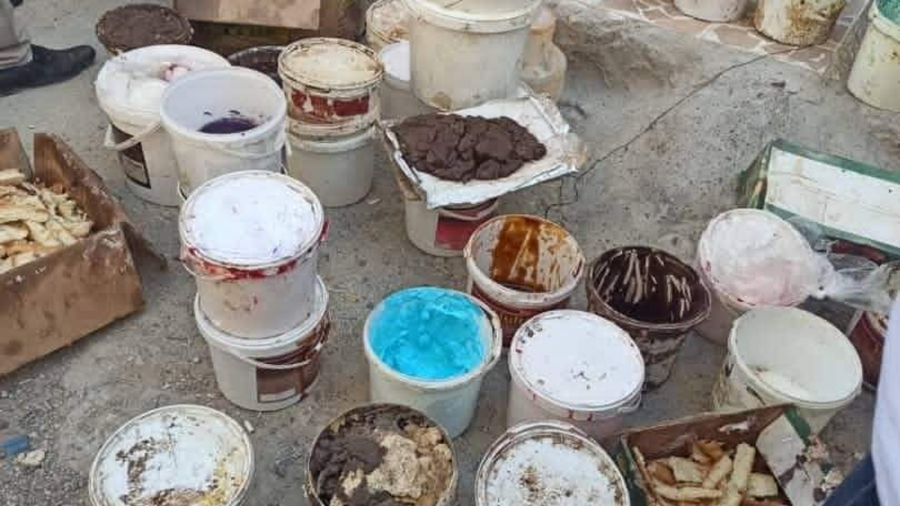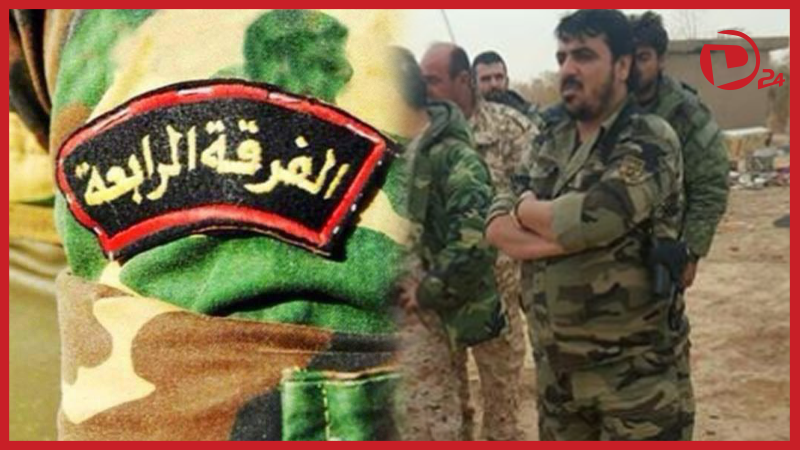This post is also available in:
![]() العربية
العربية
Seven years have passed since the people of Deir Ezzor suffered a painful day, in which horrible events occurred, and so much blood of Deir Ezzor’s people was shed.
The black Tuesday is the name given to it by the people of Deir Ezzor, 25-9-2012. It was called the Black Day, as an indication of the tragic and bloody events that took place in that day. On the morning of Tuesday, September 2012, the Assad’s forces and their Shabbiha led by the national guard broke into Al-Joura and Al-Qusour neighborhoods in Deir Ezzor city and committed mass massacres against the people of the two neighborhoods.
The Assad’s forces massacred the people of Deir Ezzor in different ways. They committed mass killings in the streets, where they lined large numbers of young men to the neighborhood’s walls and shot them from behind. Also women, elders and children were not spared the hatred of the Assad forces’ Shabbiha, who were thirsty for the blood Deir Ezzor’s people. They killed entire families who were hiding in cellars, and mutilated their bodies, and burned a number of young men alive, whose burned bodies were found on the outskirts of al-Joura neighborhood days after the Assad’s attacking forces withdrew.
Hundreds of Deir Ezzor’s people were killed by the Assad’s forces that day. Activists from the province documented more than 400 names of the victims while a number of bodies remained unidentified, which increased the victims number to 500 victims.
Al-Joura and Al-Qusour massacre in Deir Ezzor is the second largest massacre committed by the Assad’s forces in terms of the number of casualties after the chemical weapon massacre, and the third largest massacre in Syria, throughout the Syrian revolution, after the chemical weapon massacre in Ghouta, that was committed by the Assad regime, and Al-Shaitat massacre that was committed by Daesh organization.
The people of Deir Ezzor are the only ones commemorating the massacre committed against their people, and on this day they remember the pain and the hundreds of martyrs of the forgotten province of Deir ezzor, who gave up their life to flame the great Syrian revolution in the face of the oppressive Assad regime.












